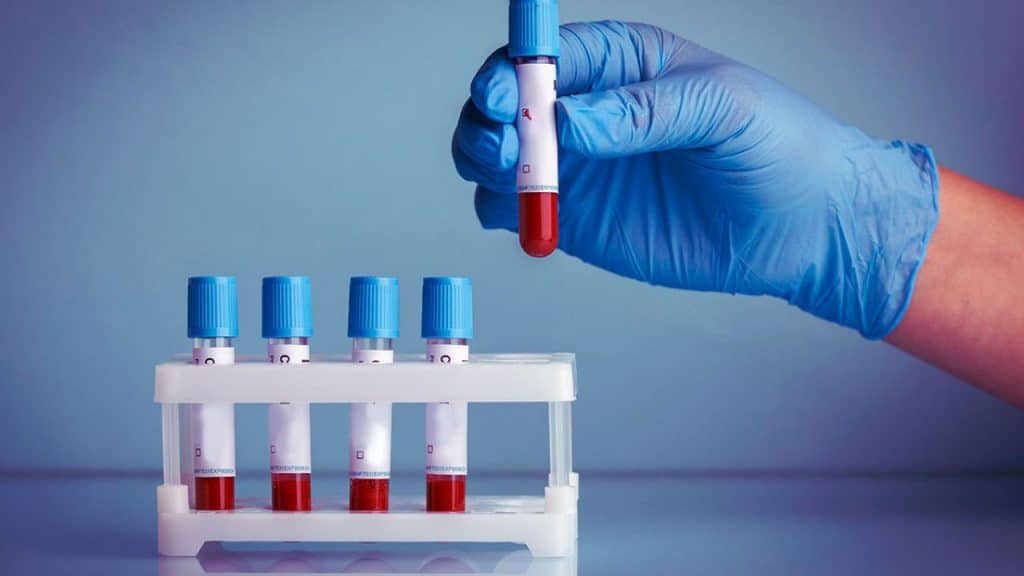We often say that prevention is better than cure. The best way to avoid age-related diseases is to live healthily in your youth. Normally, however, we talk about what you should do in your 20s and 30s. Not every intervention is designed to work from infancy. Nevertheless, a new diagnostic tool for identifying infections has implications for babies that could last all the way until they’re old (https://longevity.technology/news/new-investment-set-to-improve-healthspan-outcomes-from-birth/).
Infections are sneaky things. They can sneak into the body when you’re not looking, and sometimes you don’t even know they’re there. They also have a tendency to linger, so even if you think you’ve chased them out, they can suddenly reemerge later in life. This can cause all sorts of long-term health problems, from autoimmune diseases and metabolic disorders to weight issues and asthma.
This means it’s important to identify and treat infections quickly, which is easier said than done. Sometimes doctors have to prescribe strong doses of antibiotics and hope for the best, even when they’re not exactly sure of the nature of the infection. Then you see all sorts of other problems, like rising antibiotic resistance. We need a more efficient approach – one that doesn’t (according to some estimates) involve 150 babies receiving an unnecessary prescription for every one who is treated appropriately.
Melio is a startup that is trying to reduce or even eliminate unnecessary prescriptions. To do that, it’s using AI to analyze blood samples. It studies each pathogen it finds in depth, including the melting, unwinding and denaturing of its DNA. This allows for much quicker results that are not beholden to the current model of “one pathogen, one probe.”
The rapidity and efficiency of the diagnosis means that infants won’t need to be prescribed antibiotics unless the diagnostician has already identified the pathogen causing illness and knows that those specific drugs are the best way to treat it. Scaled up, this could cause massive improvements in diagnosis and precision in targeted therapies.
At the moment, it takes about three days to culture microbes to be properly identified. Melio aims for same-day results. This doesn’t just mean that potentially lethal conditions like sepsis can be stopped much quicker; it means the infants being treated today will become healthier and more long-lived adults of tomorrow. If it revolutionizes neonatal care, it could also be expanded to treat the elderly.




